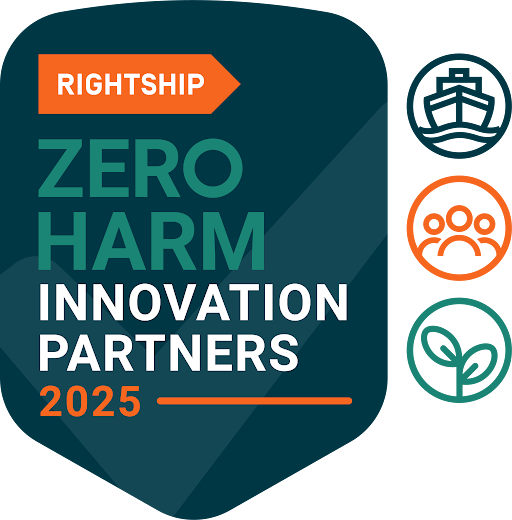The maritime industry is constantly navigating new regulations, technological shifts, and persistent operational challenges. Our November 2025 bulletin highlights the key safety, environmental, and human factors that are currently shaping the future of shipping.
In a significant environmental policy development, the IMO voted to delay the Net-Zero Framework (NZF) vote for one year. This decision prolongs uncertainty for shipowners.It also casts doubt on the business case for essential green shipping investments. This delay underscores the complex challenges the industry faces in transitioning to a sustainable future, leaving crucial policy decisions on hold.
As methanol dual-fuel ships become more prevalent, the Maritime Technologies Forum (MTF) has addressed the unique risks associated with this fuel. The MTF released a comprehensive report featuring 41 safety recommendations for the safe inspection of methanol dual-fuel ships. These crucial guidelines specifically address the risks of methanol, including its flammability, toxicity, and corrosivity. Implementing these guidelines is vital for maintaining high safety standards in the operation and inspection of this new generation of vessels.
BIMCO has highlighted a significant and often underestimated safety challenge: distractions at sea, particularly the use of personal devices by watchkeepers.
Several high-profile incidents underscore this danger:
- Case studies involving the Scot Carrier, Bunun Queen, and Ever Forward all stress distraction's significant role in major accidents.
These events are a stark reminder of the need for rigorous bridge resource management and clear policies on personal device usage to prevent catastrophic navigational errors.
Two recent incidents provide invaluable lessons on maintaining safe operations:
- Overload in Fog: The "Close Call in Fog" incident showed the dangers of a Master becoming overwhelmed by complex tasks and communications while manually steering in fog. This highlights the necessity of prioritizing safety and adjusting speed in reduced visibility.
- Chart Plotter Mishap: The "Chart Plotter Mishap" resulted in a grounding due to exclusive reliance on a chart plotter (which was not an ECDIS) and the lack of proper, large-scale charts for a formal passage plan.
These cases emphasize that technology must supplement—not replace—fundamental navigational competence and adherence to passage planning protocols.
A healthy crew is a safe crew. Our bulletin shares practical health and fitness tips to help seafarers maintain their well-being onboard. Simple changes can make a big difference:
- Eating better
- Drinking enough water
- Moving more
- Prioritizing health supports mental alertness and physical resilience, which are critical for safe operations at sea.
Four Black Sea Littoral Countries (Georgia, Republic of Moldova, Türkiye, and Ukraine) are focusing on better enforcement of IMO liability and compensation conventions. The goal is to ensure that victims of maritime incidents receive prompt and adequate compensation.
Stay compliant and ready for the future by exploring our latest specialized courses, designed to enhance crew competency in critical areas
The maritime industry's journey forward is a dual carriageway of technological innovation and unwavering diligence. While the delay of the IMO Net-Zero Framework vote and the arrival of new safety guidelines for methanol dual-fuel ships are shaping the future, the core principles of safety remain the bedrock of successful operations.
Empty space, drag to resize
Discover More:
Download and read the full version below!
For more information and to stay updated with the latest developments, connect with us on
Linkedin,
Facebook,
Instagram, and
YouTube. For inquiries, please contact us at sales@maritimetrainer.com.



